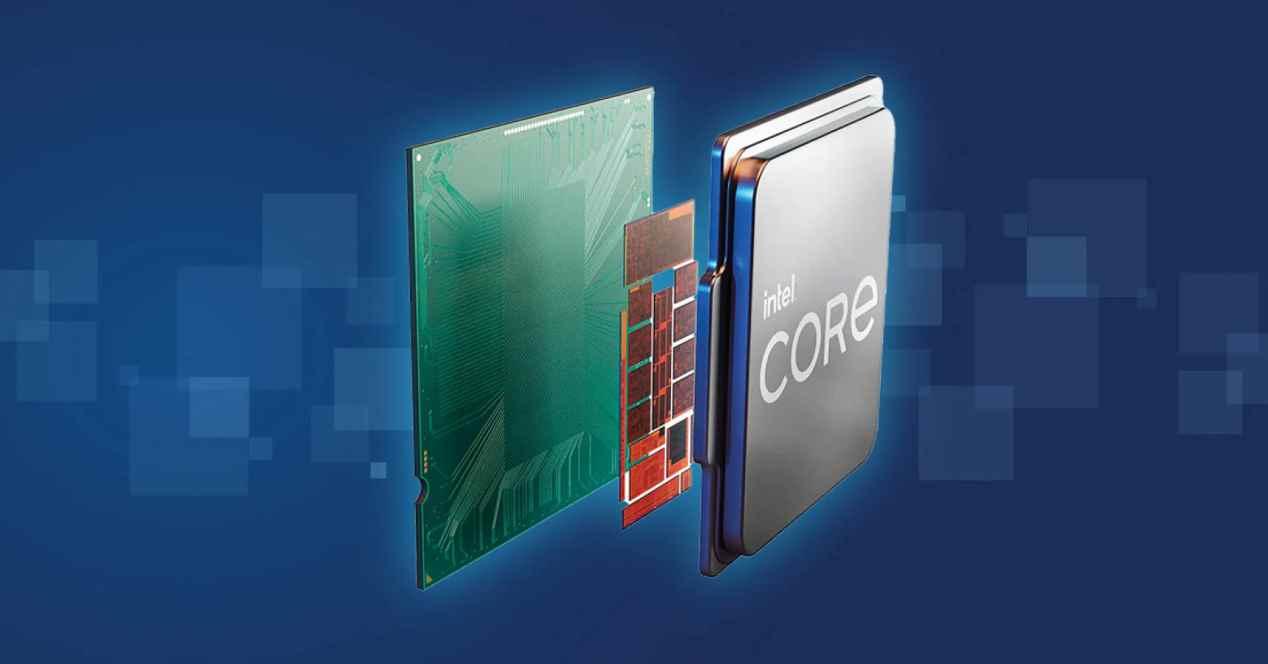One of the most used tactics to ensure that a product does not remain off the market and is not considered something inferior is rebranding. In which it receives a new name more in line with the nomenclature of another that came out more recently in time. This does not make it a less good product. Well, everything indicates The 65 W TDP Intel Core 13 will be the same chips as in the previous generation. What prompted Pat Gelsinger’s company to make this choice?
It’s no secret that despite the Raptor Lake name for naming future Intel chips, we’re not actually looking at a new architecture and the changes are rather minor from generation to generation. They are instead found on K-terminated and KF-terminated chips, which are the ones that will have a TDP of 125W in PL1 mode. While the 65W Intel Core 13 processor will be unchanged from the Alder Lake-based Intel Core 12 processor,
65W Intel Core 13s are really Core 12s
Th is statement, so bold, we didn’t pull it out of our sleeve, but it was seen through the leaked slides of Intel’s presentation that have appeared on the network of networks in recent days. The one who indirectly revealed the information to us is just below these lines.
And how could we deduce that the Intel Core 13 65 W will be the same as the one currently on the market? Well, for several reasons, which are as follows:
- The P-Cores or performance cores are the same between the two architectures, with no change between them. That is, in the Intel Core 13 they will be the same as in the current generation chips.
- The changes mainly concern the E-Cores, but some models like the i5-13400F will do without them.
- The amount of L3 cache depends on the number of cores connected to it and its ring. As there is the same number, this part does not vary.
And what processors would it affect? Well, to anyone who meets these two conditions:
- Do not have the letter K or KF at the end of the name
- Sean a lower i5
In other words, Intel has no reason to manufacture different chips when they are also compatible with the same socket and therefore the same motherboards. Therefore, they are going to opt for a rebranding in low-end processors and possibly affect their counterparts for laptops as well. Of course, we hope that the announced increase in the price of processors will only affect those that will be released this year, it would be a mistake for Intel to shoot itself in a market that has become so competitive and with an AMD not wanting to give up with its Ryzen 7000 on both desktops and laptops.








